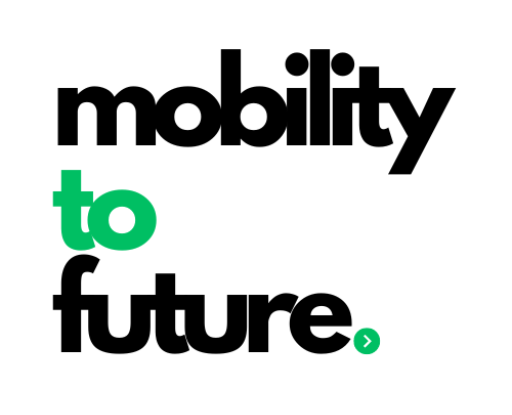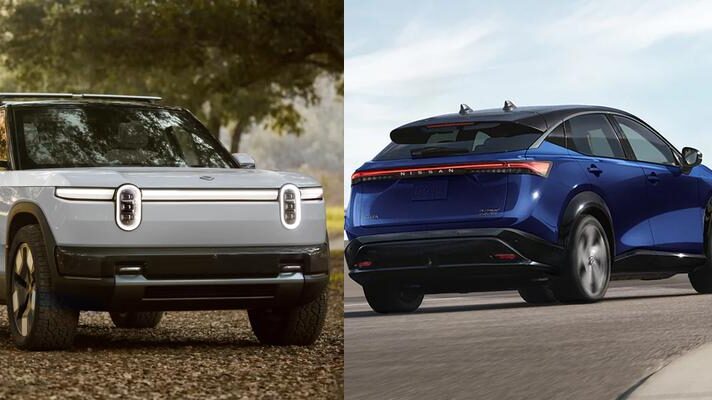As someone who’s recently made the switch to an electric vehicle (EV), I quickly realized that understanding the EV charger installation cost is crucial for anyone considering this transition. After a few months of relying on public charging stations, I found that the convenience of charging at home couldn’t be beaten. But, like many new EV owners, I had a lot of questions: How much does it really cost to install an EV charger at home? Is it worth the investment? I decided to find out, and I’m here to share my experience and everything I learned along the way.
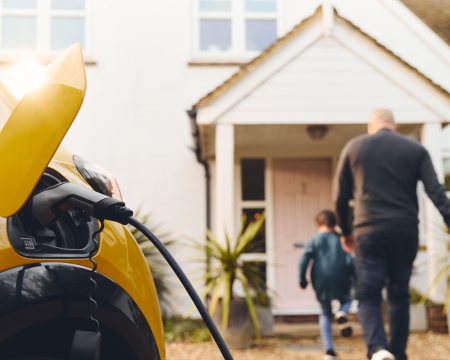
Understanding EV Charger Installation: What You Need to Know Before You Start
What is an EV Charger?
Let’s start with the basics. An EV charger is the device that powers up your electric vehicle. There are different types of chargers, but the most common for home use are Level 1 and Level 2 chargers.
- Level 1 Charger: This is the standard charger that often comes with your EV. It plugs into a regular household outlet (120V) and is perfect for overnight charging. But, it’s slow—adding only about 4-5 miles of range per hour.
- Level 2 Charger: This is the option I eventually went for. It requires a 240V outlet (like the one your dryer uses) and can add up to 25 miles of range per hour. The difference in charging speed was a game-changer for me.
Why Install an EV Charger at Home?
At first, I was hesitant about installing a home charger. I figured I could get by with public charging stations, but after several close calls with low battery warnings and inconvenient trips across town just to charge up, I knew something had to change. The convenience of being able to charge my EV overnight, right in my driveway, was a huge draw. Plus, knowing that my car would be ready to go each morning brought peace of mind I didn’t have before.
Breaking Down the Costs: How Much Will Your EV Charger Really Set You Back?
Equipment Costs
So, how much does it actually cost to install an EV charger at home? The first cost to consider is the charger itself. Here’s a breakdown based on my research and experience with the overall EV charger installation cost:
- Level 1 Charger: Since this usually comes with your EV, there’s no additional cost for the equipment. But, remember, it’s slow.
- Level 2 Charger: The cost of a Level 2 charger varies depending on the brand and features, but you can expect to pay anywhere from $500 to $700 for a good-quality unit. I opted for a mid-range model that cost me about $600.
Installation Costs
Next up is the installation. This is where things can get tricky, as costs can vary widely depending on your home’s electrical setup. Here’s what I encountered:
- Electrician Fees: You’ll need a licensed electrician to install the 240V outlet needed for a Level 2 charger. In my case, the EV charger installation cost was about $400 for the electrician’s work, but I’ve heard of quotes ranging from $300 to $1,200 depending on the complexity of the job.
Permits and Regulations
I wasn’t aware of this at first, but in some areas, you may need a permit to install a new outlet or EV charger. The cost of a permit is usually around $100 to $300. My electrician took care of the permit process for me, which added another $150 to the total cost.
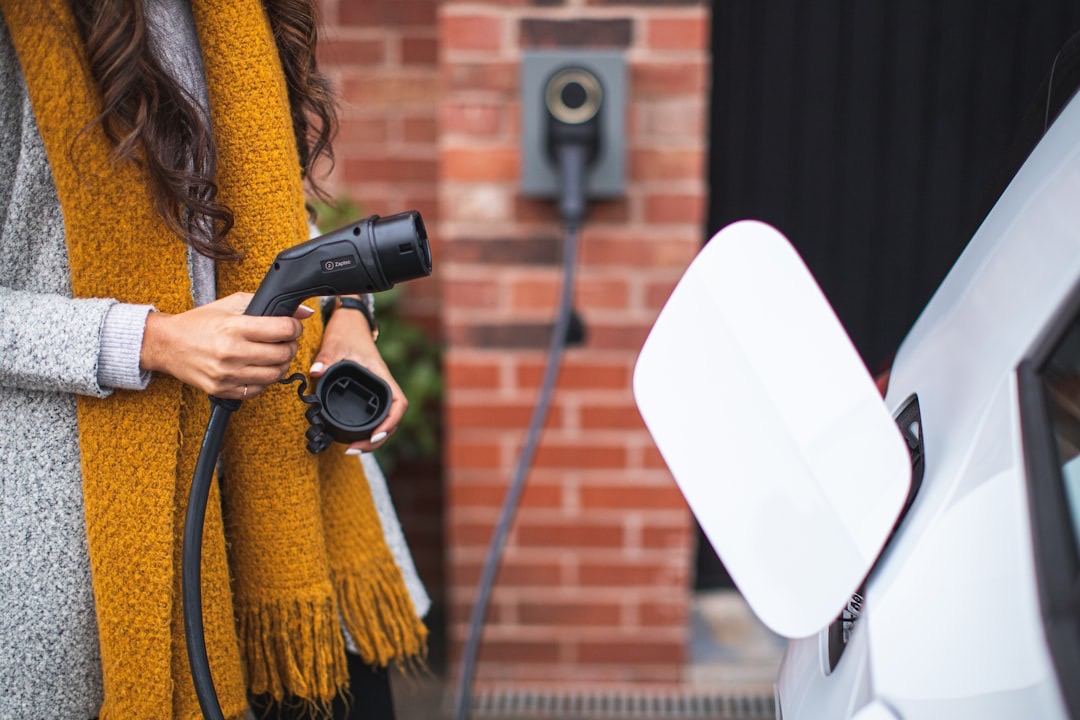
Tesla Owners, Take Note: What to Expect When Installing a Tesla Home Charger
Tesla Home Charger Installation
If you’re a Tesla owner, you might be wondering if installing a Tesla home charger is any different. The process is similar, but the costs can vary slightly:
- Tesla Wall Connector: Tesla’s own Level 2 charger, known as the Wall Connector, costs around $550. I found that this charger is slightly more affordable than some third-party options and is designed specifically for Tesla vehicles, which can be a plus.
- Installation Costs: Similar to other Level 2 chargers, the installation costs can range from $300 to $1,200, depending on your setup.
Charging at 220V
Many Tesla owners, myself included, opt for a 220V setup to get the most out of their charging experience. This setup significantly reduces charging time and is well worth the investment. If you’re going this route, expect to pay around $400 to $800 for the installation of the 220V outlet alone.
Public vs. Home Charging: Which Saves You More Money in the Long Run?
Public EV Charging Stations
While installing a home charger was the right choice for me, I still find myself using public charging stations when I’m out and about. But here’s the thing: public charging can be expensive. On average, using a public fast charger costs about $0.25 to $0.50 per kWh. That might not sound like much, but it can add up, especially if you’re a frequent driver.
Comparison of Home vs. Public Charging Costs
To put it in perspective, charging at home costs me roughly $0.13 per kWh, thanks to my local utility rates. This means I’m saving a significant amount by charging at home rather than relying on public stations. Over the course of a year, this could add up to hundreds of dollars in savings.
Unlocking Savings: How Government Incentives Can Slash Your EV Charger Installation Cost
Government Incentives
One pleasant surprise during my EV charger installation journey was discovering that there are often rebates and incentives available to help offset the costs. In my case, my state offered a $500 rebate for installing a Level 2 charger. Combined with federal tax credits, this significantly reduced my out-of-pocket expenses.
Long-Term Savings
When I think about the long-term savings, installing a home charger has been a no-brainer. Not only do I save on fuel costs by driving electric, but the reduced wear and tear on my vehicle’s battery from slow, consistent charging at home has also extended its lifespan.
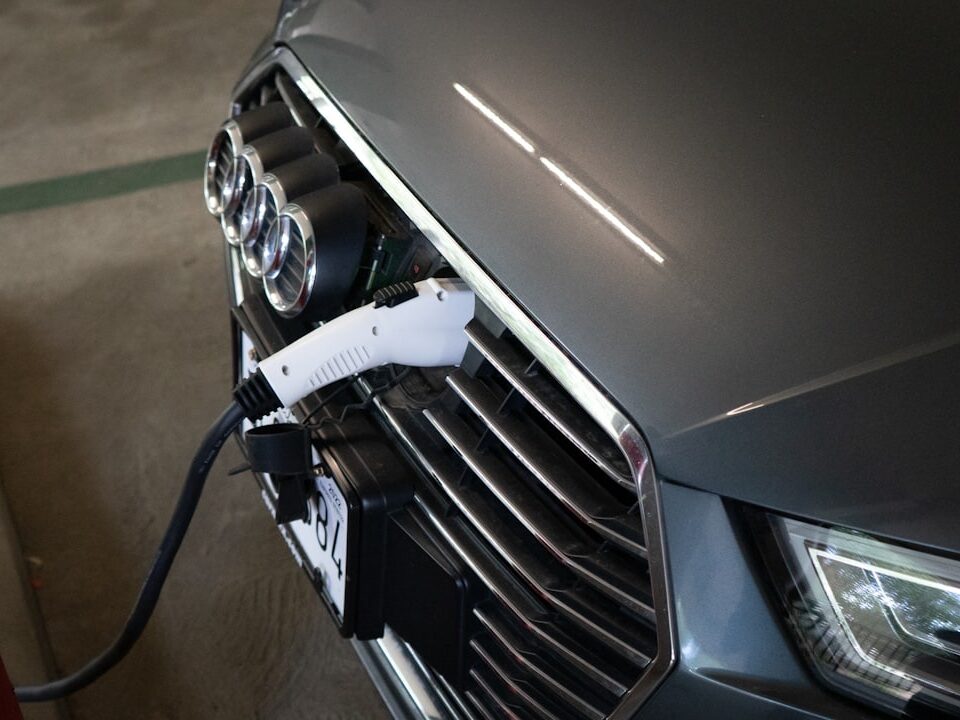
Installing an EV charger at home was one of the best decisions I’ve made since switching to an electric vehicle. While the upfront costs can be significant, the convenience, savings, and peace of mind are well worth it. If you’re considering making the leap, I’d say go for it—just make sure to do your research, get a few quotes, and take advantage of any incentives available.
If you’re ready to install an EV charger at home, start by checking out some of the top-rated models available today. And don’t forget to subscribe to our newsletter for more tips and insights on sustainable mobility.

